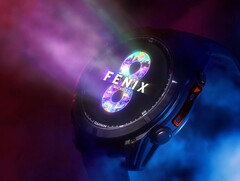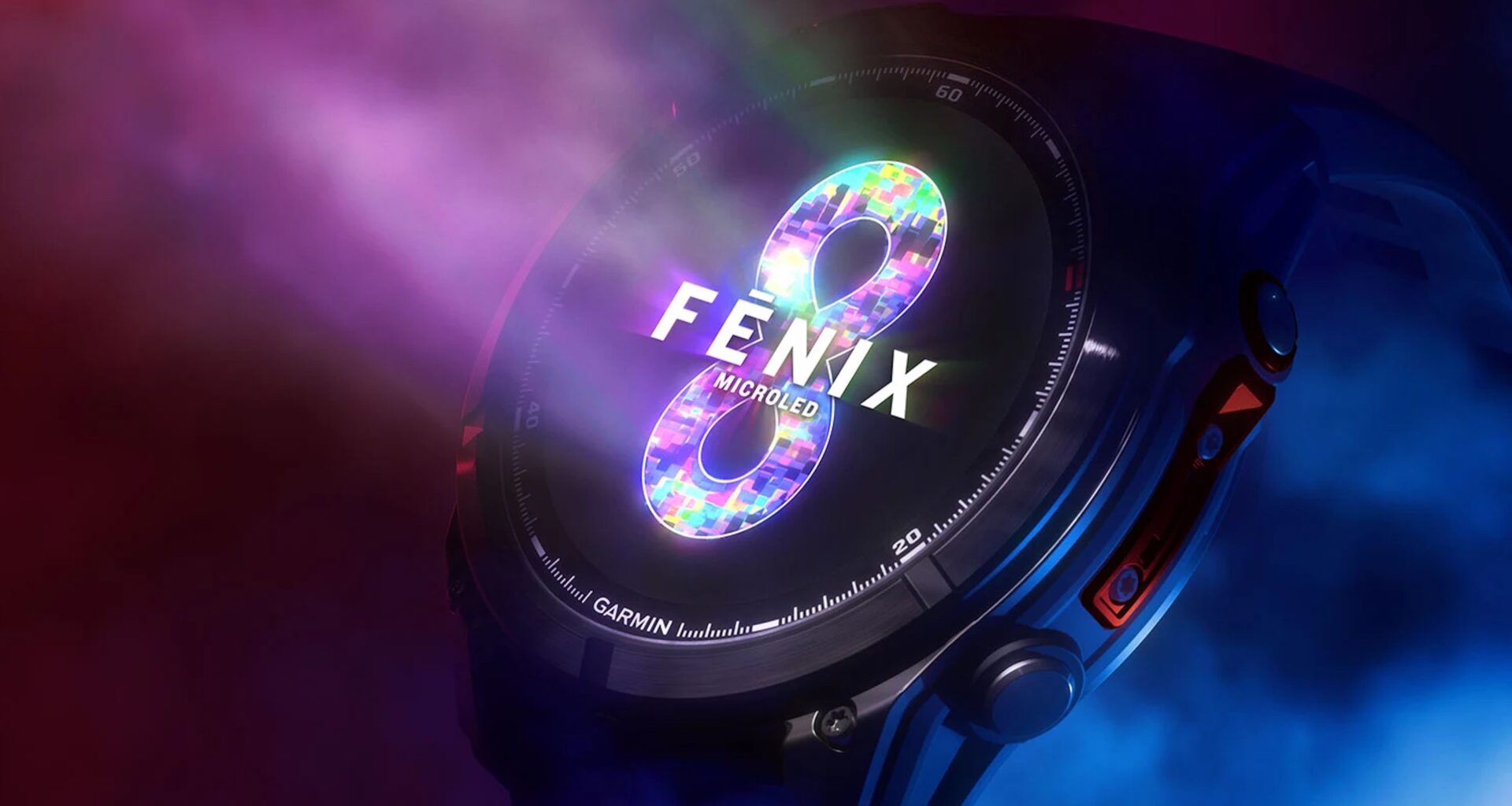 Garmin plans to continue developing its MicroLED technology (Symbolic image, source: Garmin)
Garmin plans to continue developing its MicroLED technology (Symbolic image, source: Garmin)
Garmin discussed the future of its smartwatches and also announced some pretty significant changes. For instance, the wearable maker plans to continue pursuing MicroLED technology and expects advancements in energy efficiency.
Garmin has long held a notable position in smartwatch display technology. More specifically, some of its devices feature memory-in-pixel (MIP) displays, which are known for excellent readability in sunlight as well as low power consumption. However, Garmin is gradually shifting towards AMOLED technology across its product lines and recently introduced a MicroLED version of the Garmin Fenix 8 Pro (available here on Amazon), which offers exceptional screen brightness.
In an interview with Tom’s Guide, Ralph Poshak, Garmin’s display technology manager, delved deep into the topic of displays, addressing criticism of the company’s use of MicroLED technology whilst providing a glimpse into future developments. Poshak emphasised the potential of MicroLED technology in terms of its colour performance and OLED-beating brightness, all without the drawbacks of OLED such as burn-in – an issue that could affect smartwatches.
Future Garmin watches featuring MicroLED displays will reportedly tackle several current problems with the technology, at least in its implementation. For example, the MicroLED variant of the Garmin Fenix 8 Pro is more power-hungry than its OLED counterpart, which could be a concern for mobile devices with limited battery capacity. Furthermore, the MicroLED screen is slightly thicker, adding one millimetre to the Fenix 8 Pro’s overall height. Ralph Poshak also revealed plans to integrate touch functionality into upcoming Garmin smartwatches – a feature absent on the Fenix 8 Pro MicroLED, unlike other versions.
I have been active as a journalist for over 10 years, most of it in the field of technology. I worked for Tom’s Hardware and ComputerBase, among others, and have been working for Notebookcheck since 2017. My current focus is particularly on mini PCs and single-board computers such as the Raspberry Pi – so in other words, compact systems with a lot of potential. In addition, I have a soft spot for all kinds of wearables, especially smartwatches. My main profession is as a laboratory engineer, which is why neither scientific contexts nor the interpretation of complex measurements are foreign to me.
 Translator: Zhiwei Zhuang – Translator – 488 articles published on Notebookcheck since 2022
Translator: Zhiwei Zhuang – Translator – 488 articles published on Notebookcheck since 2022
After graduating with a bachelor’s degree in environmental engineering, I moved from Singapore to
Cologne in 2014 and began pursuing a career as a freelance translator. Much of my translation work
focuses on science, engineering and technology. My fascination with computers and mobile
electronics began when I was young. And I have fond memories reading countless tech and gaming
magazines. Working with Notebookcheck gives me the opportunity to incorporate my personal
interests into my professional work.


